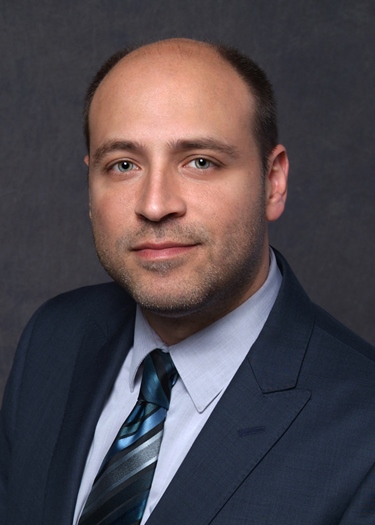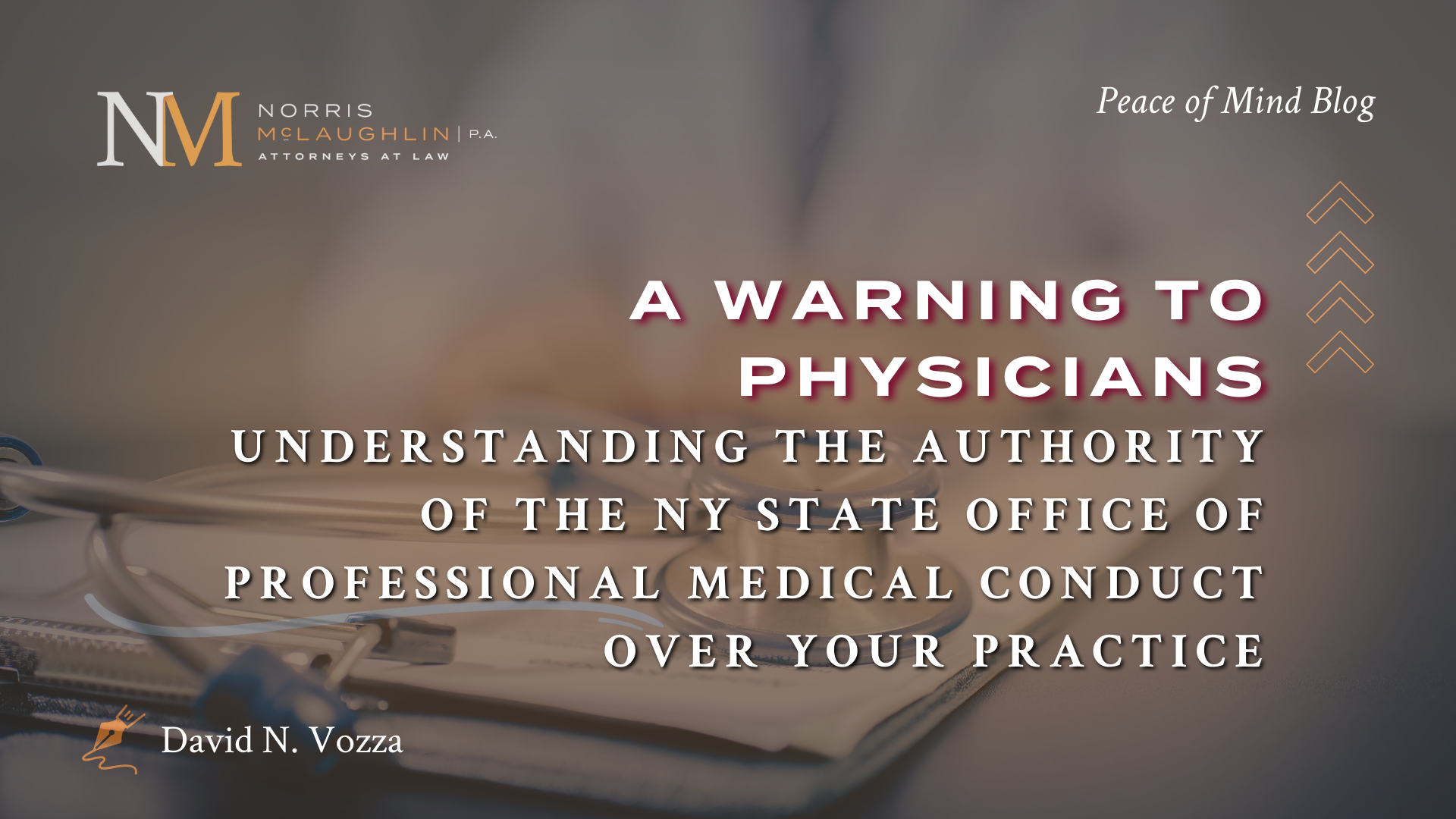There is Danger in Patient Referral Arrangements

Physicians should be aware of the risks that accompany entering into arrangements with third-party diagnostic testing entities, also known as Mobile Diagnostic Testing Companies (“MDTC”). Increasingly prevalent in recent years, MDTCs typically offer to perform certain diagnostic tests for physicians’ patients at his/her practice location. The MDTC will also pay rent to the referring physician for utilization of the office space and medical equipment. Physicians have been repeatedly warned in Advisory Opinions and Fraud Alerts issued by the HHS Office of Inspector General (“OIG”) that payments to referring physicians that exceed “fair market value” could constitute illegal remuneration under the Anti-Kickback Statute. Accordingly, physicians are well advised to seek legal review of any proposed agreement or arrangement with third-party diagnostic companies.
Anti-Kickback Statute
According to OIG, one purpose of the Anti-Kickback Statute is to protect patients from inappropriate medical referrals or recommendations by health care professionals who may be unduly influenced by financial incentives. Specifically, the Anti-Kickback Statute makes it a criminal offense to knowingly and willfully offer, pay, solicit, or receive any remuneration to induce, or in return for, referrals of items or services reimbursable by a federal health care program including Medicare and Medicaid. When remuneration is paid purposefully to induce or reward referrals of items or services payable by Medicare or Medicaid, the Anti-Kickback Statute is violated. By its terms, the statute ascribes criminal liability to parties on both sides of an impermissible “kickback” transaction. Violation of the statute constitutes a felony punishable by a maximum fine of $25,000, imprisonment up to 5 years, or both. Conviction may also lead to exclusion from federal health care programs. OIG may also initiate administrative proceedings to exclude persons from the federal health care programs or to impose civil money penalties for fraud, kickbacks, and other prohibited activities under sections 1128(b)(7) and 1128A(a)(7) of the Act.
Arrangements between referring physicians and MDTCs are currently subject to substantial scrutiny by the OIG. In fact, the OIG has repeatedly advised that, in arrangements where payments to referring physicians are not commensurate with fair market value, there is an inference that it is unlawfully offered to induce the referral of patients. Recent criminal indictments and civil False Claims Act settlements issued by the United States Attorneys in the federal districts in New York (in concert with Department of Justice agencies) should serve as a reminder to all health care providers that these regulations should never be taken lightly.
Physicians are well-served to heed the OIG Advisory Opinions and Fraud Alerts that are published on its website, which can be found here. Furthermore, physicians are strongly encouraged to have their existing and proposed agreements reviewed by attorneys who specialize in health care law. If you have any questions about this or any related matters, please email me at dnvozza@nmmlaw.com.




